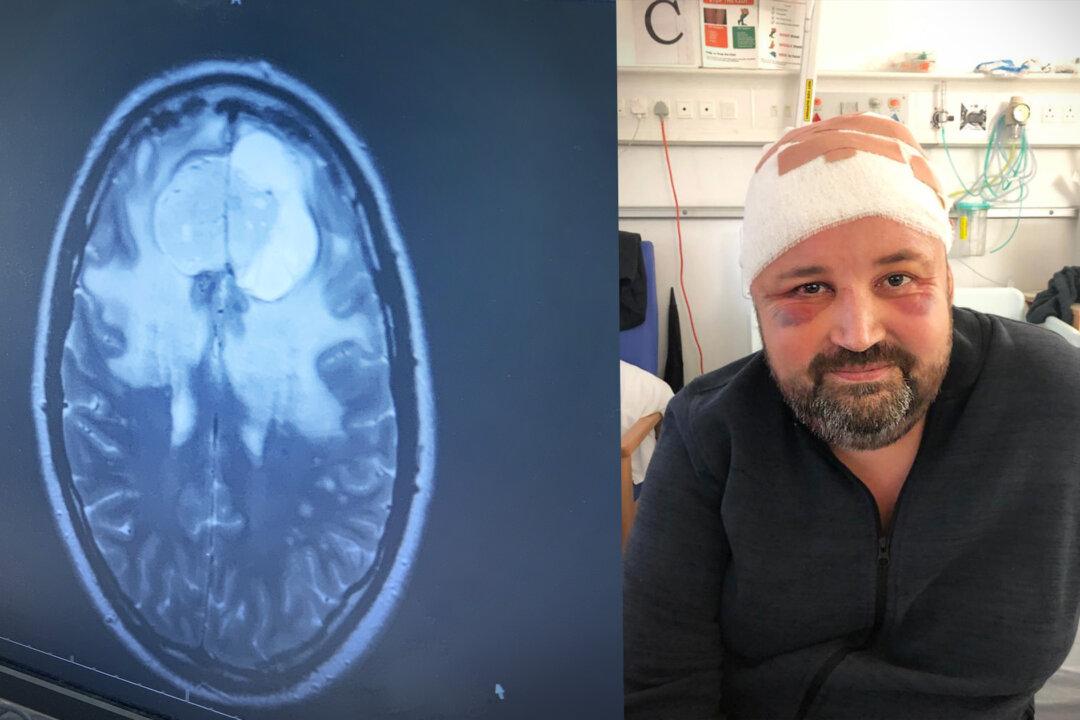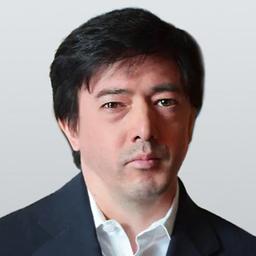London entrepreneur Tim Cooper, who ran several corporate marketing businesses and was a bit of golf addict, collapsed of a seizure one evening in 2018 while walking home after a game, having missed his Uber ride.
The 57-year-old from Sutton was rushed to Kingston Hospital where he and his wife, Kashmir, received his devastating diagnosis: he had two large brain tumors that had fused together inside his frontal lobe.






